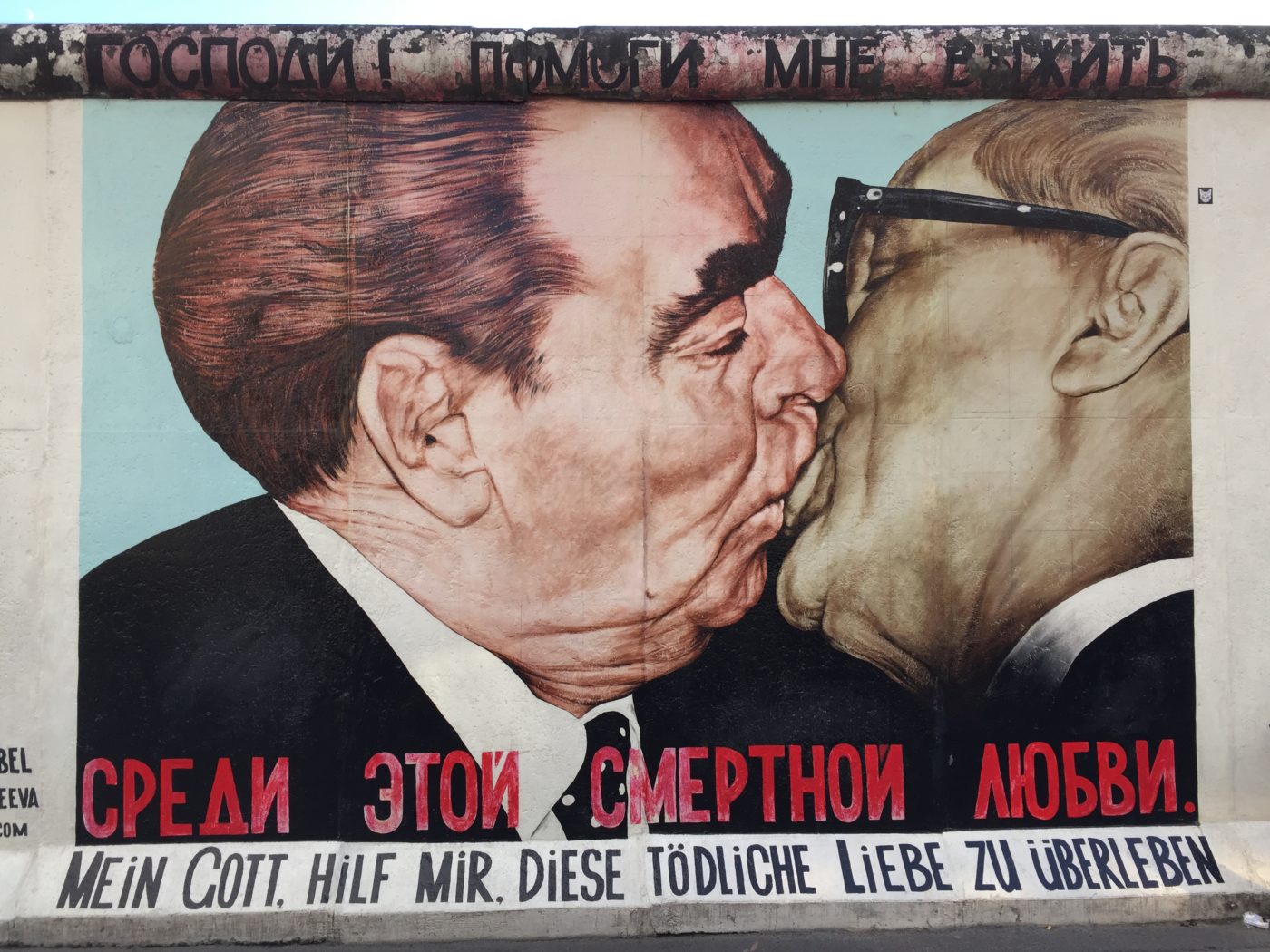As a Baby Boomer child of the Cold War, I have always been fascinated with Russia. Nikita Khrushchev was the Soviet leader of my youth. That’s why I was excited to pick up the outstanding biography, Khrushchev: The Man and His Era, written by my college advisor, William Taubman.
Understanding Russia has always been difficult. For nine hundred years, Russians were ruled by some of the most absolute monarchs in European history. When the people’s rebellion turned into the Communist revolution, freedom never really had a chance. The Soviet leaders, Lenin the ideologue and Stalin the brutal dictator, were just as authoritarian as the Tsars.
Today, we watch as Vladimir Putin tightens his political control over Russia with the election to his fourth term as President. He has a reputation for invading neighbors, murdering opponents, manipulating natural gas supplies, and authorizing cyberattacks.
The bridge from Stalin to Putin is crossed with Khrushchev and Gorbachev. Thankfully, Taubman has taken up the challenge to write about both. His biography of Khrushchev has helped me sort out many of the political events of my adolescence.

Khrushchev was an ambitious bureaucrat. He saw the brutality of Stalin’s policies. But, he toed the party line and did as he was told. With his unlikely accession to party leadership, he confirmed and exposed the weaknesses of the Socialist model. Rough around the edges from his rural Ukrainian upbringing, he was wily enough to out-maneuver his colleagues. His volatility would ultimately cause them to bring him down.
The critical lesson of Soviet history is that each of the critical leaders: Lenin, Stalin, Khrushchev, and even Gorbachev, really believed in Socialism. They also really believed in excruciatingly centralized power, until Gorbachev launched the experiments that caused it all to ravel. While Putin is no political ideologue, he clearly believes in absolute control. It is very Russian.
To understand today’s Russia, look to the leaders. Professor Taubman has had access to resources that were unavailable until the fall of the Soviet Union. His personal connections with so many of the participants makes this work extremely compelling. Khrushchev: The Man and His Era is an important contribution to the insights we all need to interpret today’s headlines.
Next, I will read Taubman’s new biography, Gorbachev: His Life and Times.







